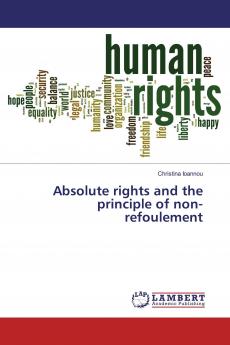English
Paperback
₹4103
(All inclusive*)
Delivery Options
Please enter pincode to check delivery time.
*COD & Shipping Charges may apply on certain items.
Review final details at checkout.
Looking to place a bulk order? SUBMIT DETAILS
About The Book
Description
Author
Non-refoulement constitutes one of the most fundamental principles of international human rights and refugee law as it prohibits expulsion of third-country nationals to another state where they are at a real risk of facing torture. However this principle appears to be fragile when interpreted by international bodies. This article will examine the different shaping of the interpretation of the principle of non-refoulment aiming to identify which one is prevailing today. Primarily the article will analyze the impacts brought to the interpretation of the principle by the lack of a common international definition and how this has led to a more flexible application of an absolute prohibition. To capture the absolute nature of the principle this article will also study the danger a third-country national can constitute to the national security of the host country and the practice of diplomatic assurances as legitimate exemptions and therefore conclude to which extend the principle remains intact from exceptions or not. The above observations will be made by referencing relevant international and European case law.
Delivery Options
Please enter pincode to check delivery time.
*COD & Shipping Charges may apply on certain items.
Review final details at checkout.
Details
ISBN 13
9786200261571
Publication Date
-19-09-2019
Pages
-56
Weight
-90 grams
Dimensions
-150x220x3.48 mm








